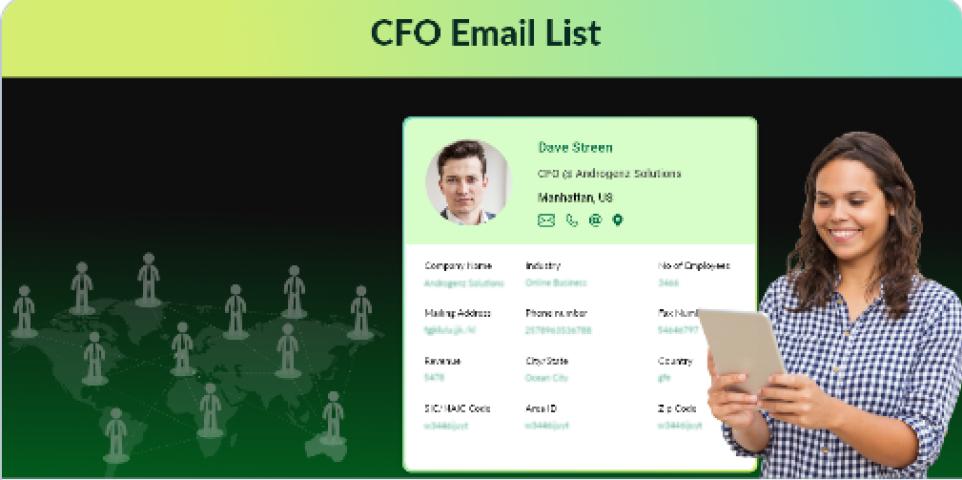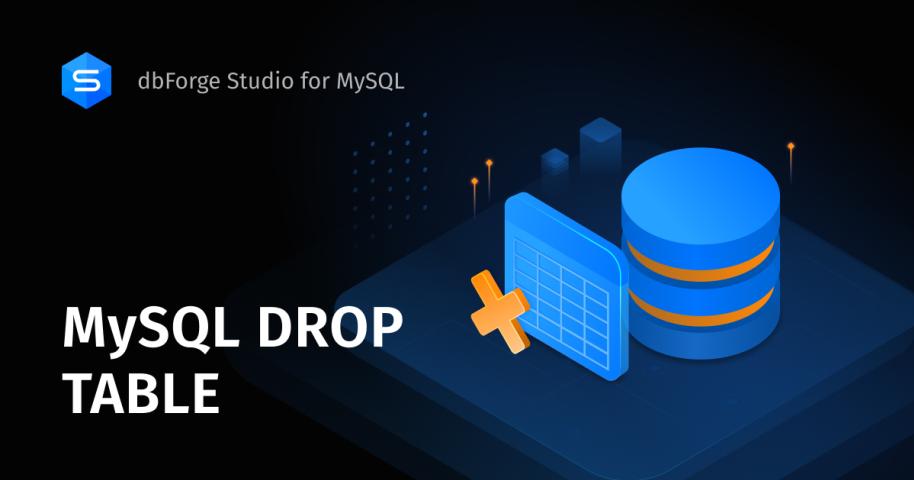The landscape of programming technologies continues to evolve rapidly, with 2024 introducing a new set of powerful tools and frameworks that are reshaping how software is developed. Startups, in particular, have benefited from these innovations as they seek more efficient and scalable ways to bring their products to market. As programming becomes increasingly intertwined with advances in AI, cloud computing, and data science, the technologies leading this transformation are offering developers unprecedented flexibility and speed.
One of the major shifts in 2024 has been the increased reliance on AI-driven development tools. These technologies are automating large portions of the software development lifecycle, allowing programmers to focus on more complex and creative tasks. AI-enhanced Integrated Development Environments (IDEs) and code generation platforms are becoming essential components for startups that need to iterate quickly. By using these tools, developers can generate code snippets, debug efficiently, and optimize performance in ways that were previously impossible. This year, AI has moved from being an experimental feature to a core part of the programming process, transforming the daily workflow of software engineers.
Another key trend in programming technologies this year is the growth of WebAssembly (Wasm), a low-level binary instruction format that allows developers to run high-performance code in web browsers. WebAssembly has seen significant advancements in 2024, particularly as more complex applications—ranging from gaming to data analysis—are being executed directly in the browser. Startups focused on building web applications are leveraging WebAssembly to unlock native-like performance, which enables a smoother and more responsive user experience. The adoption of Wasm also opens doors for developers who want to work with multiple languages within the browser environment, expanding the capabilities of what can be achieved through web technologies.
Meanwhile, the push toward edge computing has led to innovations in serverless architecture and programming models designed for distributed environments. Startups are increasingly looking to edge computing to reduce latency, improve scalability, and enhance real-time processing for applications like IoT and machine learning. In 2024, the development of new frameworks tailored for edge computing has allowed developers to build applications that dynamically allocate resources across distributed networks. These technologies give startups the ability to create highly responsive applications that operate closer to the user, bypassing the traditional cloud infrastructure for certain tasks.

In addition to these trends, a growing emphasis on data privacy and security has influenced the development of programming languages and frameworks. Startups working in sectors such as fintech, healthcare, and legal tech are adopting languages with built-in safety and security features. Rust, for example, continues to gain momentum due to its focus on memory safety, which prevents common programming errors that lead to vulnerabilities. This focus on secure programming practices is not just a response to regulatory demands but also a key differentiator for startups looking to build trust with their users. The programming languages of 2024 are enabling developers to build systems that are not only faster and more efficient but also inherently safer.
Another major advancement in 2024 is the rise of quantum programming languages, reflecting the ongoing development in quantum computing. As quantum computers edge closer to practical applications, new programming languages are being created to help developers tap into the power of quantum algorithms. Startups that are beginning to explore quantum computing for tasks such as cryptography, optimization, and simulation are utilizing these languages to experiment with new possibilities. While quantum programming remains a niche skill, the technologies emerging this year are laying the groundwork for startups to pioneer breakthroughs in industries that rely on computational complexity.
The continuous integration of cloud-native programming models has also reached new heights in 2024. Startups are increasingly deploying applications through containers and microservices, with languages like Go and Kotlin standing out for their scalability and performance in cloud environments. These languages and their associated frameworks are providing developers with tools that allow for rapid deployment, flexible architecture, and seamless scaling, making them a staple for cloud-first companies.
As we reflect on the first half of 2024, it's clear that programming technologies are evolving not just to keep up with the demands of modern software but to fundamentally redefine what’s possible. The fusion of AI-driven development, high-performance web technologies, distributed computing models, secure programming practices, and the early days of quantum computing is shaping the future of programming. For startups, these innovations offer a unique opportunity to stay ahead of the curve by adopting the tools and languages that will drive the next generation of applications.













